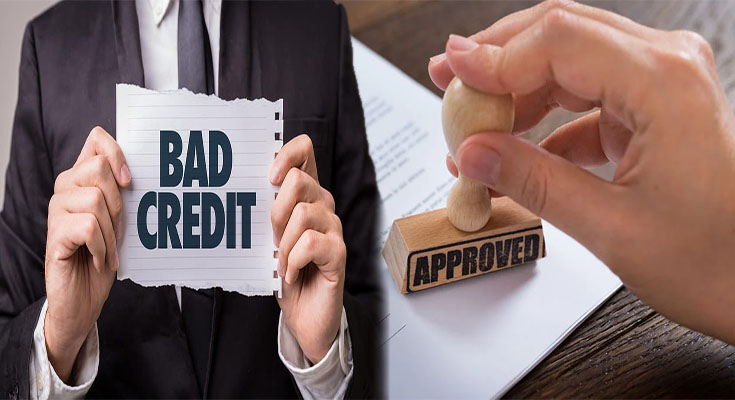Many people with bad credit are unable to obtain a small business loan, so how can they improve their chances? A personal loan may be an option, but it’s a much riskier proposition than a small business loan for startups. Since financial institutions are making a bet on your failure to repay, these loans are riskier, too. Here are some tips to increase your chances of getting approved. Read on to discover how.
Challenges of getting a small business loan
The biggest challenge of getting a small business loan for a startup is that they do not have the necessary track record and long credit history to be considered a good risk. Since they do not yet have any history of borrowing, lenders cannot properly assess their creditworthiness.
Fortunately, there are some alternatives to traditional bank loans. These include loans from online lenders that do report to the Big 3 credit agencies.
While it is possible to secure a loan from a bank or a credit union, it can be difficult to get approved. The most common reason for rejection is bad bookkeeping and inconsistent business practices. Applicants should be sure to gather all the required information and complete their application completely. They should also read it before submitting it. Lenders want to see that you have had the help of a seasoned business advisor throughout the process. Luckily, accountants are a valuable resource for business owners. In many cases, these advisors can help businesses obtain their first working capital.
Types
There are two main types of small business loans for startups: accounts receivable financing and traditional line of credit. Accounts receivable loans don’t require collateral and don’t consider the risk of the borrower. You may also be required to offer collateral, such as personal assets.
These loans are usually for buying an existing business or franchise. You may need to provide a credit history of at least two years in the industry.
Bank startup loans aren’t for everyone. They usually require good credit and personal qualifications, as well as down payment. In order to qualify for a bank loan, you may also need a personal guarantee, such as a letter of credit. Banks also make SBA loans. You might also want to consider a line of credit, which works a bit differently than a business loan. With a business line of credit, you’re approved for a certain amount of money and can use it to finance your business. After you repay the loan, the line of credit closes.
Requirements
Before you apply for a small business loan, you need to understand the requirements. There are six aspects that lenders look at when evaluating your borrower profile, and some lenders have minimum requirements for each. Typically, this means that you need to have a decent credit score and a high annual income. However, some lenders may accept those with lower income and higher credit scores. If you are unsure if you meet these criteria, consider using a small business loan marketplace, such as Lendio, which partners with over 75 lenders.
One of the most important requirements for startup business loans is to show that you are a business owner. Many new businesses don’t have a business credit history, so lenders may look at your personal credit score. To check your business credit, set up a free account with a credit bureau. This won’t damage your credit score. Lenders will also look at the length of time you’ve been in business. Since a brand new business will have limited time in business, it’s best to get a business license or EIN.
Lenders
When you’re looking to start a new business, it’s a good idea to check out Lenders for Small Business Loans for Startups. These financing options can provide the capital you need to start your company. However, there are some things you should keep in mind when applying for these loans. The first thing is that your credit score needs to be at least 660. Other requirements include proof of business operations, a solid business plan, and sufficient income to pay back the loan. If you have bad credit, it may not be as difficult to get approved for startup financing, but you should still be aware of the timeframe in advance.
While traditional lenders are a great way to fund your business, using their funds for startup financing can come with a number of disadvantages. Unlike traditional financing, these loans can affect your credit score and can make it difficult to pay off. If you can’t find a suitable lender for your business, you can consider using your own funds, but remember that personal funds are a gamble and can damage your business.



